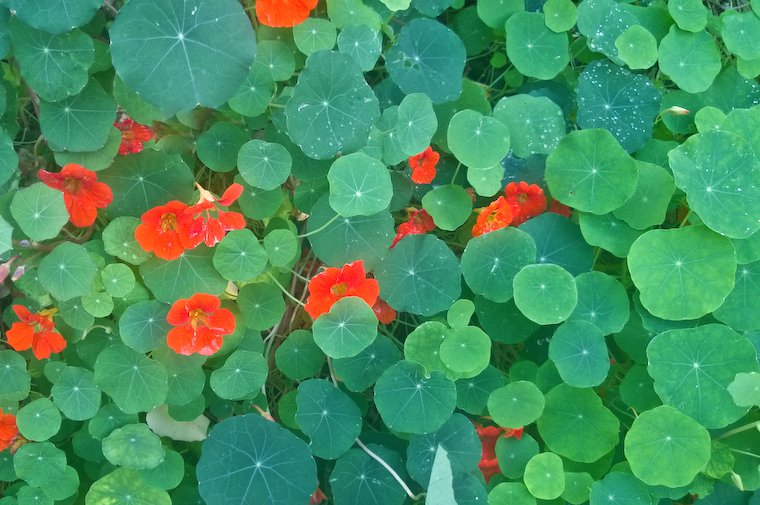Reflections on #RakshaBandhan
When I spoke at Allahabad University a few days ago, a young woman student responded by sharing a personal experience with the audience. She said her parents hadn’t spoken to her for three years, angry with her for having married the man she loved in defiance of caste/religion boundaries. She said she sent a rakhi to her brother the first year after her marriage, only for him to write back saying ‘Tie your husband a rakhi, I want nothing to do with you’. So, she said, ‘I decided he’s right. After all, my husband and I are here for each other, to protect and care for each other. My brother chose not to be there for me. So now my husband and I tie each other a rakhi.’
I notice around me how people try to hold onto traditions they have an emotional attachment to, but to redefine them in ways that better reflect mutual solidarity rather than reinforcing notions of helpless sisters expecting protection and control from brothers.
I’ve come across brothers writing about occasions in their life when they’ve depended on, taken shelter with sisters. When siblings have been there for each other, instead of brother being the custodian of sister.
Can’t we create or redefine traditions that celebrate the brothers who defend their sisters’ right to live and love freely, rather than brothers like Vikas and Vishal Yadav who feel ‘pride’ and ‘honour’ in killing their sister’s lover? Celebrate sisters and brothers who stood up for their sibling when they came out of the closet as gay or lesbian or trans?
Here’s an article I wrote about the Sangh Parivar’s use of Rakhi as a coercive tool – against inter caste, inter-faith friendships and relationships. When Rakhi is used to force a couple to declare they are brother and sister, or when brothers are asked to pledge, on Rakshabandhan, to ‘save’ sisters from Muslim boyfriends, what we have is an ugly display of violence against women’s autonomy.

